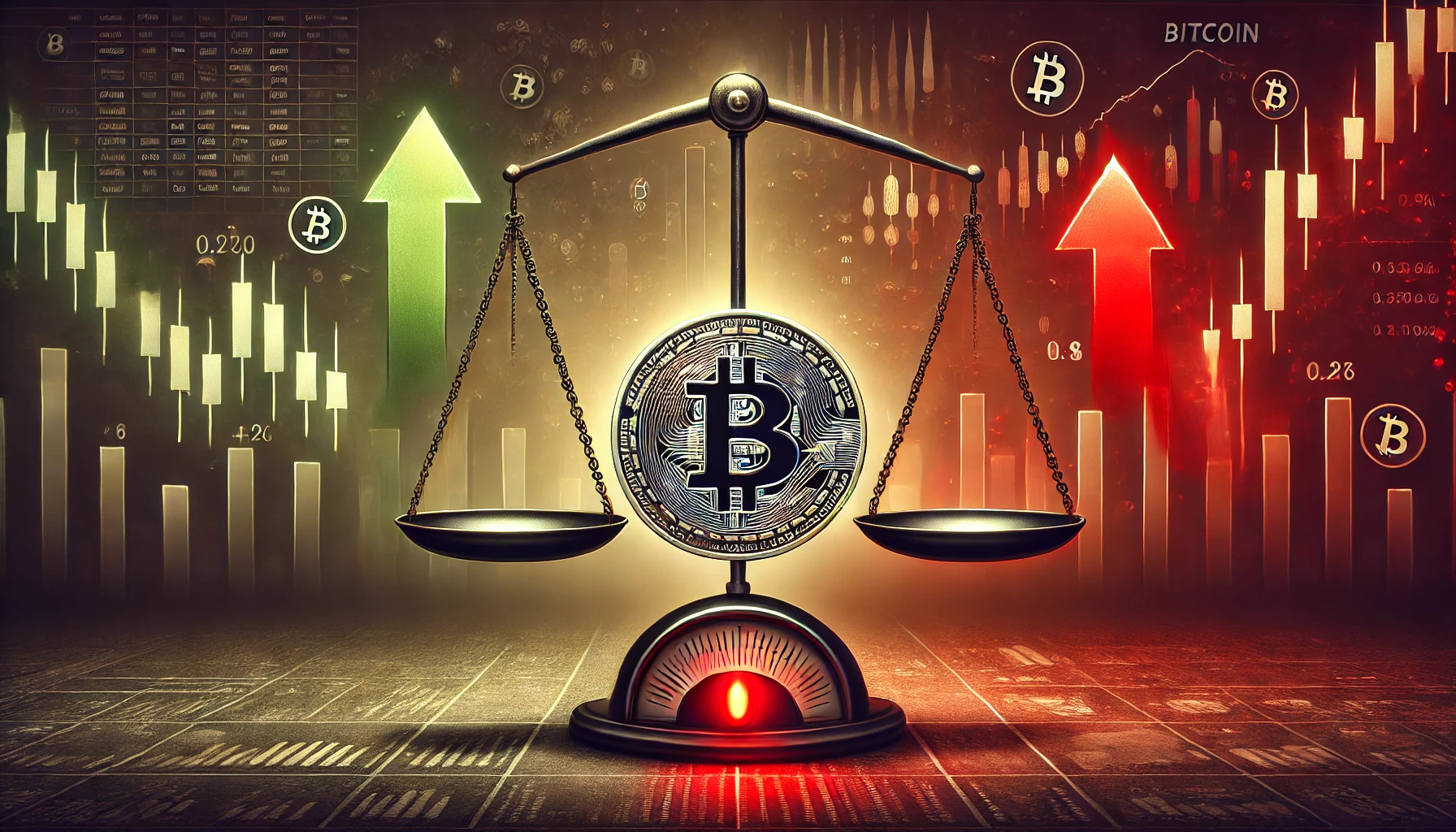ARTICLE AD
Russia is banning crypto to reinforce ruble as geopolitical tensions and sanctions spread.
Russia will enforce a strict ban on the general circulation of crypto assets such as Bitcoin, allowing only digital financial assets issued within its jurisdiction. This initiative, led by Anatoly Aksakov, Chairman of the State Duma Committee on the Financial Market, is part of a broader governmental effort to control the crypto ecosystem amid rising geopolitical tensions.
Aksakov stated that the forthcoming legislation aims to restrict non-Russian crypto operations to reinforce the ruble’s dominance, explaining:
“Digital financial assets issued in Russian jurisdiction, and digital rubles will be allowed. The need for a ban is due to the fact that today cryptocurrency – is a quasi-currency that replaces the ruble in the country. But only the Russian ruble fulfills the mission of the monetary unit, so this decision has been made.”
The bill will carve out exceptions for crypto miners and Central Bank-sponsored test projects within an experimental legal framework, as crypto mining significantly boosts Russia’s tax revenues. According to data from Statista, crypto miners produce over $2.59 billion in liquidity for foreign trade settlements in Russia.
However, there is an intense internal debate among Russian policymakers regarding this approach. Artem Kiryanov, Deputy Chairman of the State Duma Committee on Economic Policy, stressed the importance of precise regulations.
“The regulation of cryptocurrency should be prescribed in the digital code, which would clearly spell out the conceptual apparatus and common judicial law enforcement practice,” Kiryanov said.
In contrast, Russia’s Finance Minister, Anton Siluanov, has pushed for a more moderated stance, advocating for regulation to enable the use of cryptocurrencies in both domestic and international transactions. Elvira Nabiullina, Head of the Bank of Russia, also supports the experimental use of cryptocurrencies in international settlements.
Recent reports indicate that Russian entities have used cryptocurrencies, particularly Tether’s USDT, to procure critical components for military technology. In one notable case, Andrey Zverev, a Russian operative based in China, used USDT in 2022 to bypass traditional banking channels and purchase drone components essential for military operations in Ukraine, avoiding the scrutiny typically associated with sanctions-wary financial institutions.
The information on or accessed through this website is obtained from independent sources we believe to be accurate and reliable, but Decentral Media, Inc. makes no representation or warranty as to the timeliness, completeness, or accuracy of any information on or accessed through this website. Decentral Media, Inc. is not an investment advisor. We do not give personalized investment advice or other financial advice. The information on this website is subject to change without notice. Some or all of the information on this website may become outdated, or it may be or become incomplete or inaccurate. We may, but are not obligated to, update any outdated, incomplete, or inaccurate information.
Crypto Briefing may augment articles with AI-generated content created by Crypto Briefing’s own proprietary AI platform. We use AI as a tool to deliver fast, valuable and actionable information without losing the insight - and oversight - of experienced crypto natives. All AI augmented content is carefully reviewed, including for factural accuracy, by our editors and writers, and always draws from multiple primary and secondary sources when available to create our stories and articles.
You should never make an investment decision on an ICO, IEO, or other investment based on the information on this website, and you should never interpret or otherwise rely on any of the information on this website as investment advice. We strongly recommend that you consult a licensed investment advisor or other qualified financial professional if you are seeking investment advice on an ICO, IEO, or other investment. We do not accept compensation in any form for analyzing or reporting on any ICO, IEO, cryptocurrency, currency, tokenized sales, securities, or commodities.

 8 months ago
44
8 months ago
44 

